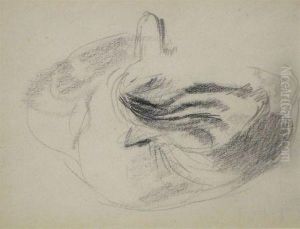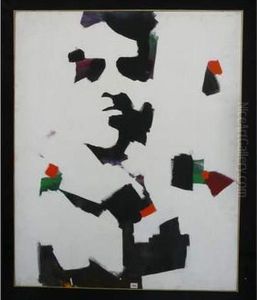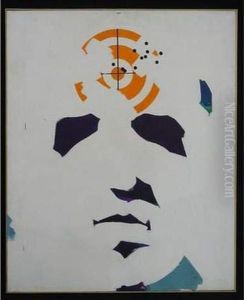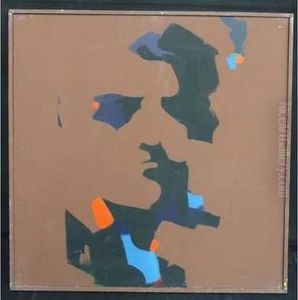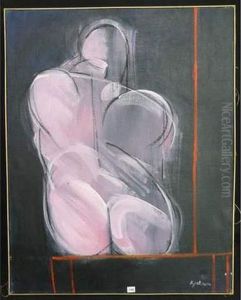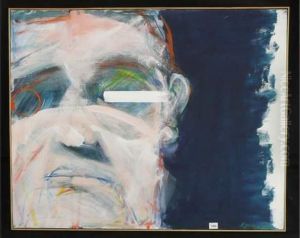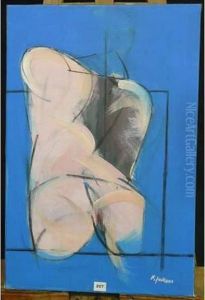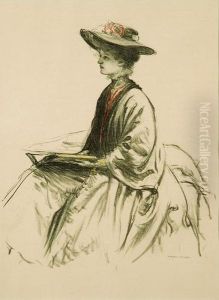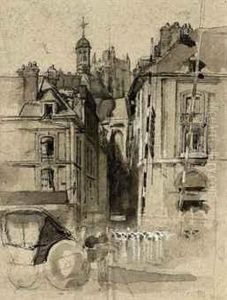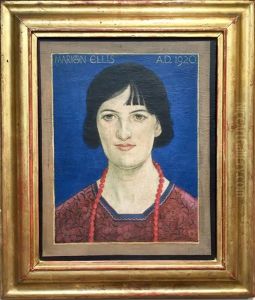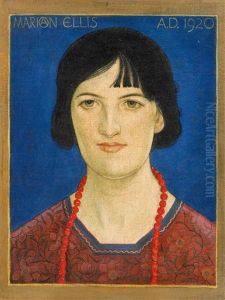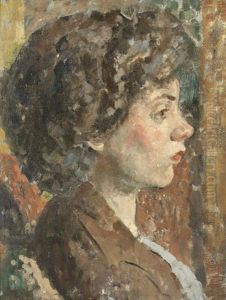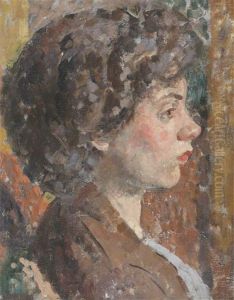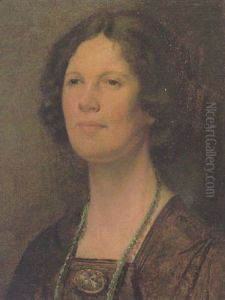Francis Ernest Jackson Paintings
Francis Ernest Jackson was a British painter, poster designer, and lithographer, born in 1872. His career spanned the late 19th and early 20th centuries, a period that saw significant shifts in the world of art, with movements such as Art Nouveau and Modernism beginning to take hold. Jackson was a part of this vibrant artistic era, contributing his unique voice through various mediums.
Educated at the National Art Training School, now known as the Royal College of Art, Jackson honed his skills in the arts from a young age. He was deeply influenced by the Arts and Crafts movement, which emphasized traditional craftsmanship and the decorative arts as a reaction against the industrialization of production. This influence is evident in his work, which often features intricate designs and a focus on aesthetic beauty.
Jackson's career was diverse; he was not only a painter but also a master in the art of lithography, a printing process that allows for the creation of artworks with smooth tones and detailed textures. He was particularly known for his posters, which combined his lithographic skills with a keen eye for design and color. His posters often carried social or political messages, reflective of the tumultuous times he lived through, including the First World War and the interwar period.
In addition to his artistic pursuits, Jackson was a teacher, sharing his knowledge and skills with the next generation of artists. He taught at the Royal College of Art, where he had once been a student, influencing many young artists who would go on to make their mark on the British art scene.
Francis Ernest Jackson's contributions to the world of art were recognized during his lifetime, and his works continue to be celebrated for their aesthetic beauty and technical skill. He passed away in 1945, leaving behind a legacy that continues to inspire artists and art lovers alike.
